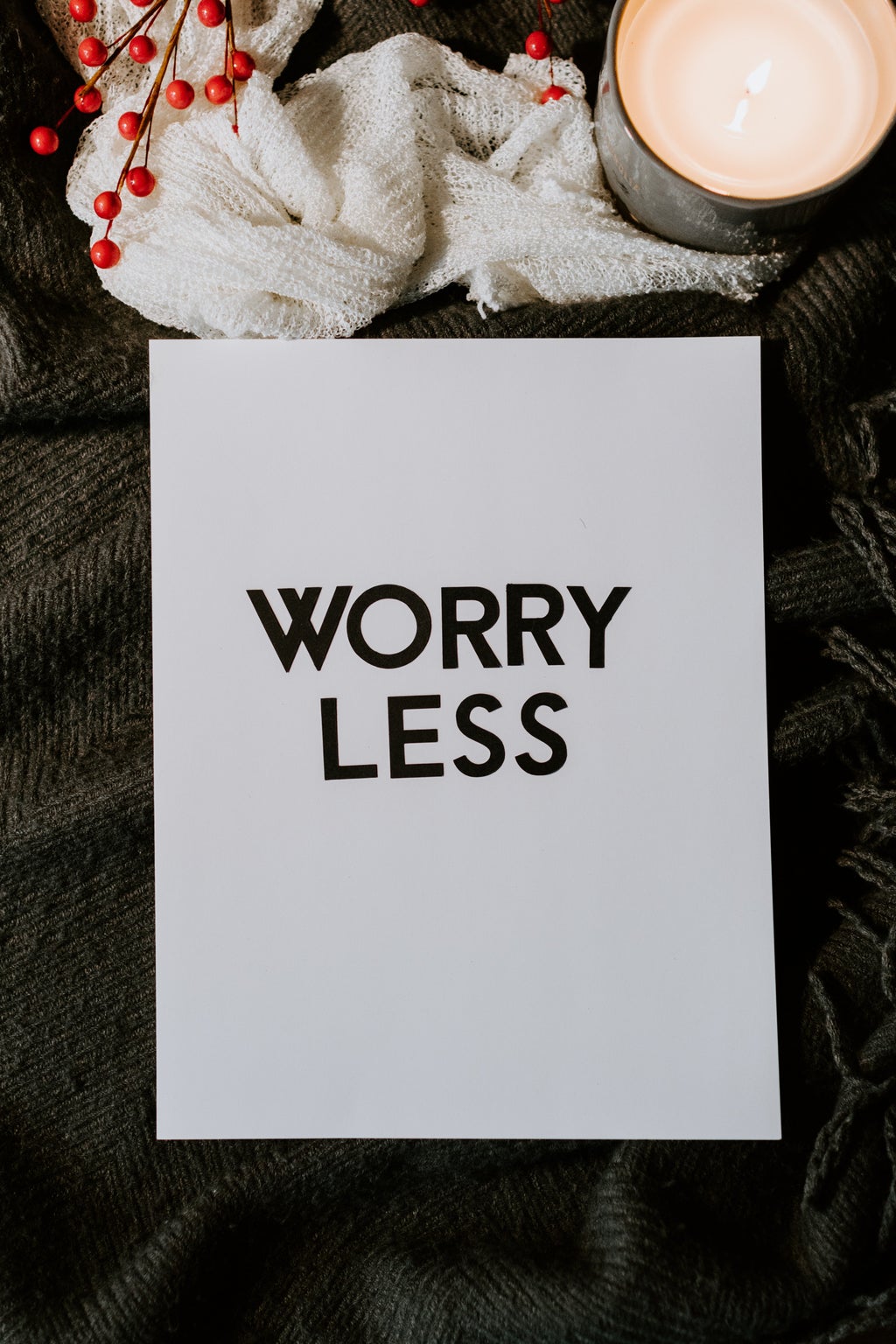In this fast-paced environment known as college, alone time might seem unachievable at times. Countless exams, study sessions, classes, jobs and even constant social interactions can make it difficult for any college student to find some time to themselves. Even though it can be hard to take a break, it is important to find that much needed time to recharge and regroup – physically and mentally. Whether it be a day, an hour or even a minute, any opportunity to get some “me time” is crucial in improving your overall health. Keep reading to find out what exactly “me time” is, the benefits it has on your physical and mental health, and the ways in which it can be fulfilled.
Defining “Me Time”
According to Direction Psychology, “me time” is all about being present with yourself, your mind and your body. Furthermore, it involves finding that time to be one with your thoughts, emotions and feelings. If you aren’t taking the time to be cognizant of these mental functions, it can be detrimental to your physical well-being.
Stress, for example, can affect your body, your mood and your behavior in many different ways and can manifest in times where your physical and mental health are neglected. Ignoring and not managing your stress can lead to sleep problems, headaches, anxiety, feeling overwhelmed, angry outbursts and unhealthy eating habits. One important way in which these issues can be mitigated is through setting aside time for yourself to rest your mind and your body.
Why Is “Me Time” Important?
A 2019 article on embracing “me time” asserted that alone time doesn’t necessarily mean you are incapable of social interaction or are socially inept. Instead, setting aside time for yourself can increase self-esteem, heighten a sense of independence and decrease feelings of loneliness.
Especially in one’s first year of college, the pressure to have a social life is heavily present, thus “me time” is neglected to make room for that desire to be socially acknowledged, whether that be in a friend group or in a club. However, recognizing that solitude can enhance one’s mental well-being is crucial; it doesn’t have to be associated with having no social life, but with personal growth and self-understanding.
This is not to say that having friends and being involved on campus is a bad thing, but finding that balance between social life and “me time” is important in one’s transition to college and shouldn’t be frowned upon.
In times of peak stress due to midterms and finals, making room in your schedule for “me time” even for just five minutes can help reduce the risk of burnout. As college students, feeling overwhelmed and overworked is common, which is why it is important to take necessary breaks from staring at the computer screen for too long or writing pages of notes for that brutal economics exam. Setting aside time to relax, getting enough sleep and creating boundaries between yourself and your studies can all aid in preventing burnout. Allow yourself the time to mentally process the emotions and feelings tied to this intense stress.
What You Can Do To Practice “Me Time”
There are many ways to practice “me time,” even in hectic environments. Here are a few suggestions to help you find that time for yourself.
- Meditation: In times of stress, meditation allows me to remove myself from what is bothering me in that moment. Through mindfulness and deep breathing, feelings of calmness and serenity are invoked. When I meditate, I play peaceful music in the background or follow certain exercises on a meditation app like Aura.
- Partaking in a hobby: When it comes to “me time,” finding things to do that bring me joy is crucial. Having a hobby to rely on when you are feeling overwhelmed can improve your mental wellbeing. Whether it’s journaling, baking, doing my makeup, or playing video games, I am able to find happiness and relaxation, even for a brief moment.
- Exercising: Although this could be considered a hobby, I like to think of this as a way to practice “me time” through increasing physical activity and well-being. Exercising can improve brain, bone, and muscle health, as well as reduce the risk of disease. Decreased anxiety, improved self-esteem, and an overall better mood are some ways in which your mental health can benefit from exercise.
- Spending time with loved ones: Yes, spending time with people can count as “me time,” especially if they bring you happiness. Surrounding yourself with loved ones can reduce feelings of loneliness, stress, and symptoms of depression and anxiety. I find solace in spending time with my friends and not constantly worrying about that paper due the next day, which is why I interpret these social interactions as “me time”.
Finding that time to focus on yourself, whether that be through spending time with your thoughts or being in a comfortable space with loved ones is crucial in improving physical and mental well-being. “Me time” can be fulfilled in a variety of ways, but what is key is relaxation and happiness.





